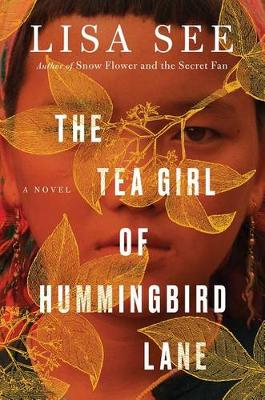Reviewed by nannah on
Content Warnings (in what I read):
- infanticide
- ableism
- misogyny
I actually picked this up because of all the information about how tea is picked, made, brewed, etc., so I knew what I was getting into there. Unfortunately I had no idea (and no warning!) about the novel’s horrific ableism or its condescending and strange attitude toward the Akha people.
I’ll get the ableism over with first, because it’s the easiest to address. I’m always reminded how much we really need to add content warnings to the beginning of books (like we do to movies, video games, etc.), here especially because within the first 30 pages I was thrown into an intense anxiety attack. Granted, the ableism is in-book and obviously not Lisa See’s views, but reading things like, “If human rejects [disabled people or twins] are allowed to do the intercourse, over time an entire village might end up inhabited by only them,” and reading characters learn how disabled babies must be murdered (and the parents banished and their home burned) really does a number on my self worth. No, this is not necessarily a critique of the book. I’m mentioning in case anyone else who needs this warning can maybe see it.
But the quote I used brings me to my second point. Lisa See is Chinese-American, but as far as I know, she isn’t Akhan, an ethnic minority group in China. She may have researched a lot, and that comes through in her writing, but so does a really strange attitude toward the Akha. Why is their dialogue so stilted, when, flipping through the rest of the book, the dialogue by American people and even the MC after she emigrates to America obviously doesn’t match?
It’s also … hard to explain, but there’s an attitude pervasive through her writing that paints the Akha as such a backward, almost barbaric people with such obvious distaste that it’s really uncomfortable to read. I'm not Chinese, though, so I may be getting this all wrong. And I’m not sure if this attitude changes, but I’m just not ready to read nearly four hundred pages of it.
Reading updates
- Started reading
- 11 July, 2021: Finished reading
- 11 July, 2021: Reviewed
